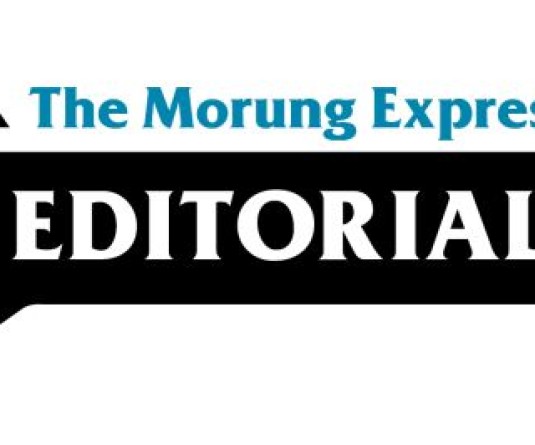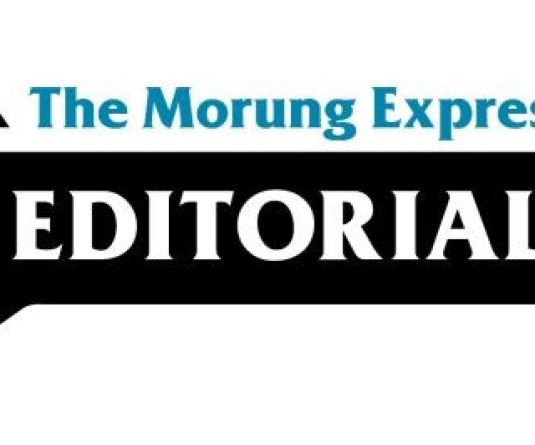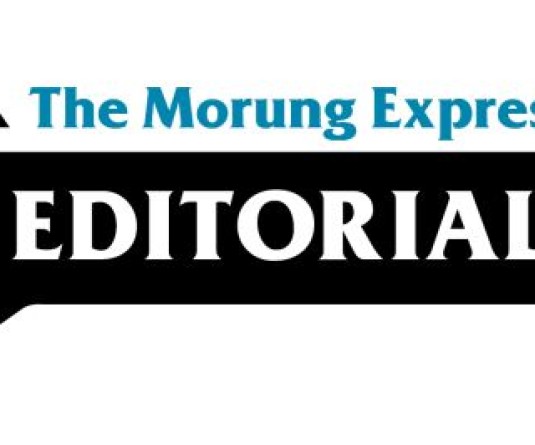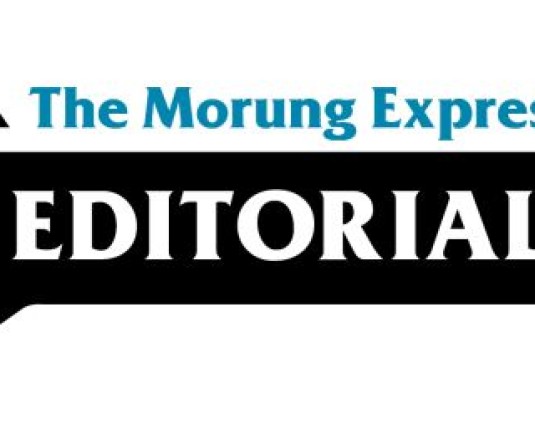
Moa Jamir
Following the conclusion of the recent Lok Sabha elections in Nagaland on April 19, the election authority hailed the process as "very peaceful." Nagaland, which usually registers high voting turnout every election due to several factors, however, had a low voting percentage due to ‘zero’ voting in six districts in Eastern Nagaland due to the poll abstention.
Accordingly, the Chief Electoral Officer of Nagaland put the voting percentage initially at around 56%, and it was hovering at 57.72% as per official data on April 22. The election officials need not fret though. Apart from non-participation of voters in 20 Assembly Constituencies (ACs) segments within the six districts, the voting in most others remaining ACs can be conservatively described as ‘brisk.’
As per the Election Commission of India’s ‘Voter Turnout App,’ over 84% of the electorates have been estimated to exercise their franchise on April 19 elections in the remaining 40 ACs of Nagaland, much above the national average of around 64% during the Phase I of Lok Sabha. The national average was deemed ‘high’ but pale in comparison.
Voting percentages in some constituencies were astounding, with as high as 96.45% in Tyui AC, followed by Wokha (96.44%), Sanis (95.54%), Mongoya (94.65%), and Bhandari (94.36%). Nine other ACS registered more than 90% voter’s turnout while all together 29 ACs had over 80% voting. Only in two ACs – Kohima Town and Northern Angami II, the turnout was below the State’s average at 53.73% and 54.65% respectively. Western Angami (59.26%) and Peren (68.19%) were other two ACs with voting percentage lesser than 70%.
However, beneath the surface of these impressive statistics, there is a troubling truth: the prevalence of rampant proxy voting. Reports from various sources, including newspapers, social media, and personal anecdotes, highlighted the pervasive nature of this electoral malpractice, which now has become a permanent feature of elections in Nagaland.
For instance, “Proxy voting is as rampant as ever,” goes the headline of this newspaper the next day, among other, citing a journalist’s account. “The Lok Sabha polls were not all ‘free and fair’,” goes a news report on Mokokchung Times, with ground reports. “‘Double me’ at the Lok Sabha elections 2024,” a reader wrote to The Morung Express, recounting her ‘tendered vote. Similar accounts were recorded during the last State’s Assembly elections in February 2023.
One of the most concerning aspects of this situation is the apparent normalisation and acceptance of proxy voting within certain segments of society. Thin queues at polling stations, juxtaposed with inflated voter turnout figures, paint a troubling picture of complacency and tacit approval of this electoral fraud.
Therefore, the election in Nagaland presents a significant paradox. While the Election Department spared no effort in making arrangements, ranging from logistics to security, to ensure that every individual, even in the last mile, could cast their vote freely and fairly.
Yet, these commendable initiatives are undermined by various discrepancies on the polling day, some of which may fall beyond its purview or influence. Accounts of polling officers in some locations also suggest compromises to ensure peaceful elections.
The consequences of this erosion of democratic values extend far and wide. Genuine voters become disillusioned, leading to apathy and disengagement from the political process, while those involved in perpetrating electoral fraud are emboldened to continue their malpractices. Additionally, officals fulfilling their election duties with integrity also experience disillusionment. The cherished democratic principle of "one person, one vote" is thus replaced by the disturbing reality of "one person, many fingers," with impunity. All stakeholders, including the media, can be faulted for their lack of vigilance in safeguarding these rights. It is imperative that elections in Nagaland not only achieve peace but also adhere to the principles of being genuinely ‘free and fair.’
For any comment, drop a line to jamir.moa@gmail.com






